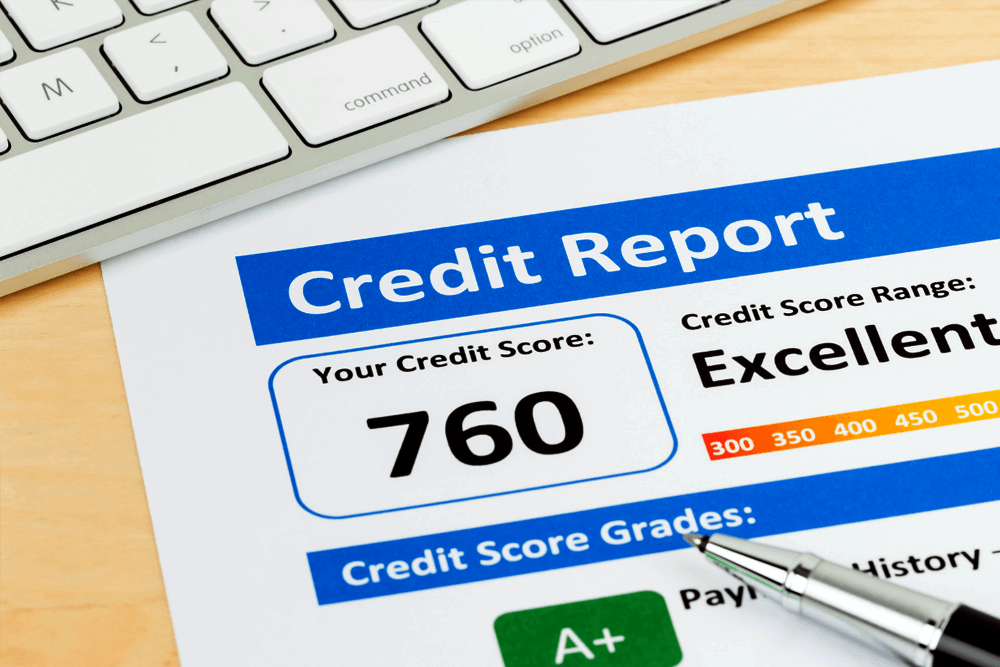Looking for a flexible form of financing for your business? A business line of credit may just be the answer. Contrarily to a traditional loan, a line of credit works the same way as a credit card. A lender assigns you a set credit depending on several factors. You can make draws on this line of credit up to your set credit limit. You might make just one large draw or several smaller draws as far as you do not exceed your credit limit.
As far as you have a revolving line of credit, you have even greater access to capital. With a revolving line of credit, money is replenished as you pay down your balance, providing you access to money again and again. You can use your credit line as working capital, hire new staff, fill seasonal revenue gaps, cover emergency expenses, or for any other business expense.
In addition to the flexibility of credit lines, entrepreneurs and business owners also frequently receive fast financing. Some lenders give approvals for lines of credit in just minutes, giving you instant access to the capital you require right when you need it. In this article, we are going to explore the requirements for getting a business line of credit. We will cover what lenders look for when approving your application and determining your credit line.
Business Qualification Requirements
As part of its due diligence, the lending institution or bank examines your business to evaluate if it is eligible for a commercial line of credit. The bank looks at your assets, current and past, current revenues, and other items. This procedure is often extensive and can take weeks. Here are the most significant requirements to qualify for a business line of credit.
Time in business
Lenders and bank business lines of credit only for companies operating for a minimum of two years. This time in business portrays to the lender that the company has some experience and longevity. Nonetheless, lenders can offer a line of credit to a startup if the owner has solid collateral, good personal credit, and personally guarantees the loan.
Tax returns
Some lenders might require personal and business tax returns during the application process. Generally, you should have access to at least the last three years’ worth of returns.
Profits and revenues
To be eligible for a business line of credit, your company must have revenues and be profitable. Lenders consider your revenues as their principal means of repayment. Thus, your profitability and revenues must justify the size of the line of credit. Organizations that do not have revenues or are unprofitable cannot get a line of credit, not unless they (or their owners) can offer collateral as a guarantee.
Collateral
Lending and bank institutions lend only to companies that have collateral to back the loan. Collateral is any kind of asset that can be used to repay the loan. Banks often look for accounts receivable, real estate, machinery, inventory, and financial instruments as collateral.
Most business lines of credit are secured by collateral. The organization pledges specific collateral to back the loan if it cannot repay. The lender frequently secures this collateral by filing a UCC Lien, which offers them priority if they require to collect. It is common for lenders to ask small businesses to pledge their assets as collateral for a line of credit.
Financial ratios
As part of their due diligence, lenders evaluate the financial ratios of your company. This evaluation gives lenders an idea of how your company is performing. Every lender uses its own ratios. At a minimum, you might need to comply with the following ratios:
- Debt to equity: Does your business have too much debt?
- Debt service coverage ratio: Does your business generate sufficient revenue to pay its debt?
- Current ratio: Is your business able to pay short-term obligations?
- Fixed charge coverage ratio: Can your business pay its debt after paying its expenses?
Guarantees
Most business lines of credit need a corporate guarantee, indicating that the company guarantees repayment. If the business is a subsidiary of a larger company, lenders often require that the parent organization provide a guarantee. As the next section outlines, banks might require that business owners and major shareholders guarantee the line of credit.
Covenants
Usually, lines of credit have lending covenants. Covenants are the guidelines that your company should follow to keep the line of credit active. Defaulting on a covenant can result in additional fees and can lead to your line being terminated. Every lending institution or bank has its own set of covenants. Some covenants state that your business must:
- Advise the lender of any material changes
- Agree to a confession of judgment
- Repay the line in full periodically (for instance once a year)
- Not exceed a certain level of debt
- Maintain a certain liquidity
- Maintain certain net worth
- Comply with financial ratios
Major and owner shareholder business line of credit requirements
Most lenders also assess business owners personally to make sure that they are good credit risks. They are running the organization, so evaluating their experience and other elements is essential.
Nonetheless, there is another reason for this assessment: banks frequently ask business owners and significant shareholders to warrant the business line of credit personally. The personal guarantee indicates the owners and shareholders become personally accountable if the business defaults on the funds. The personal review assists the bank in determining if the business owner can pay any debts.
Personal assets
If your bank needs a personal guarantee, it might also review your assets. This assessment enables the bank to verify both the market value and existence of the assets. Banks look for stock securities, cash, real estate, and investments as assets for collateral. From the lending institution’s perspective, a personal guarantee is only as good as the assets supporting it.
Professional experience
Lenders assess your past professional experience to determine your ability to operate a business in your industry.
Personal credit
As part of their underwriting process, banks evaluate the business owner’s personal credit and all guarantors. Assessing your credit allows the bank to determine if you are responsible and inclined to pay debts. Note that businesses do not run themselves. Their managers and owners operate them. How an owner tackles their personal life is usually a good reflection of how they manage their business’s finances. Assessing your personal credit assists lenders make this determination.
In some events, the bank might extend a personal line of credit that is to be used for business. For instance, with business credit cards, the lender checks your personal credit but issues the card in the name of the business. Nonetheless, you are ultimately responsible for payment.
Background investigation
Finally, lenders usually do a background check to determine if there are any potential issues, like past criminal behavior, that can impact their decision to give you a business loan.
Can the Small Business Administration Help You
The Small Business Administration (SBA) offers several programs to assist business owners in getting funding. The most famous loan program is the 7 (a) Loan Program. One popular common misunderstanding is that the SBA offers the loan or business line of credit. This perception is incorrect. Loans are provided by commercial lending institutions that get a guarantee from the SBA.
Bear in mind that the Small Business Administration guarantee is designed to protect the lender- not necessarily you. The SBA serves as a guarantor of last resort and can cover up to ninety-percent of the business line of credit value. Nonetheless, the SBA steps in only after the bank has tried to collect from all personal and corporate guarantors. Keep this vital information in mind if you intend to apply for a business line of credit or an SBA-backed loan.
Should you consider a business line of credit?
Now that you understand the business line of credit requirements better, and how to qualify, you might still be wondering if a business line of credit is right for you. Ultimately, the answer to this question will be based on a variety of factors- the inclusion of your business’s financial needs.
Nonetheless, if you seek a flexible source of business financing that will provide you quick access to money when you need it, then a business line of credit is certainly a strong choice to consider. Besides, as we have mentioned, even though you are a newer business or your business does not have ideal credit, you might still be able to qualify for a business line of credit.
Generally, a business line of credit is a good way to fill revenue gaps, cover unexpected expenses, or expand your business. Nonetheless, as with other financial products, ensure you shop around for best terms and rates for your business once you have compact your lender choices. Keep an eye on hidden costs, fees, and total borrowing costs to determine if getting a business line of credit is a wise financial move for you.












